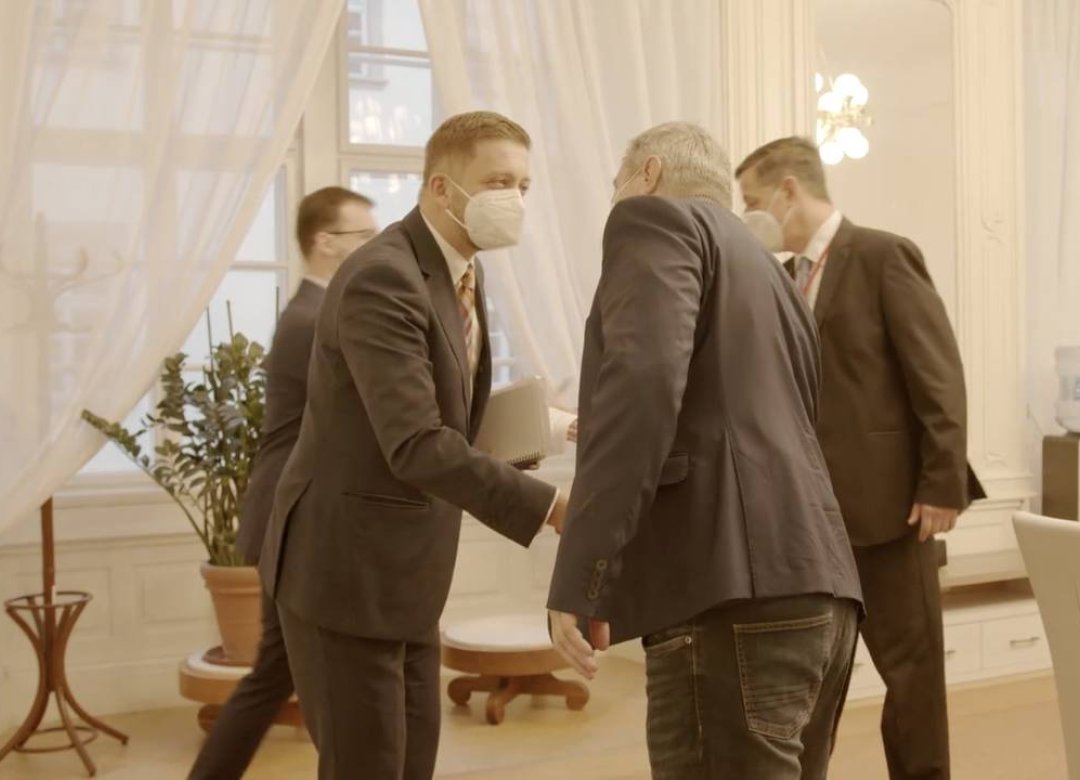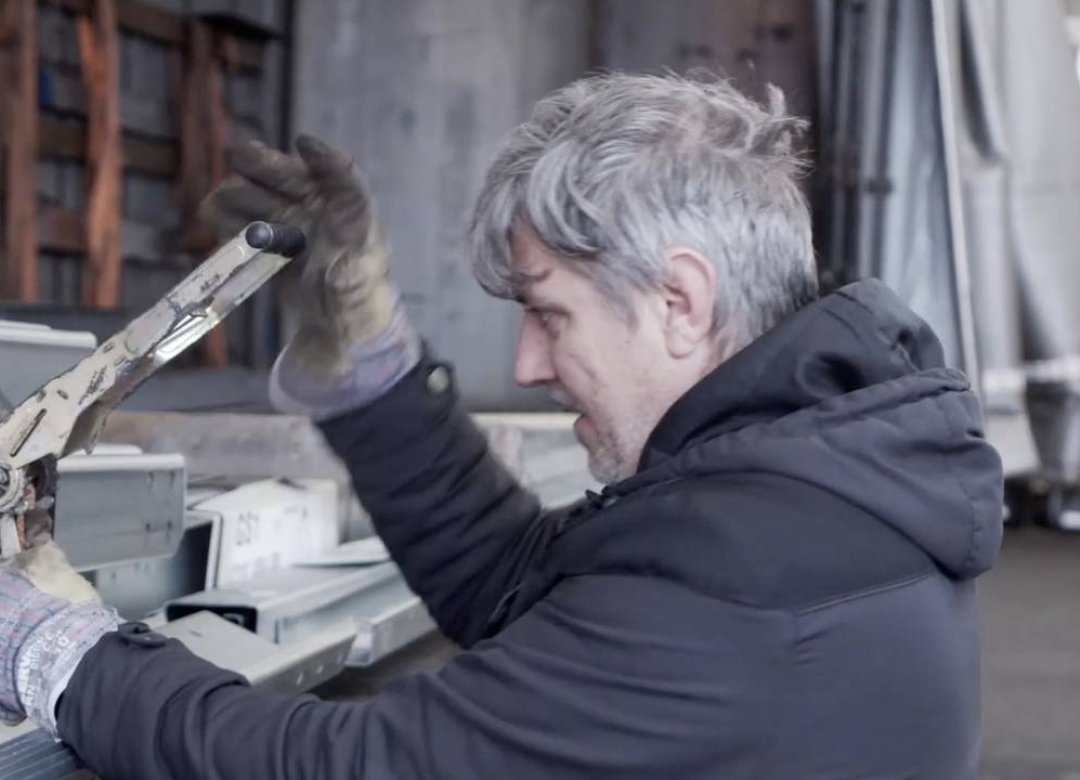Synopsis
The issue of migration and refugee crisis is hard to tackle. There have been a lot of films about the refugee crisis. That’s why we are really glad that we have managed to find the unique film character of Jaroslav Miko, a common truck driver and a person who does not use the language of Facebook marketers, a man with authenticity – a feature long-lost in politics – who has decided to help the weakest and to found the Czechs Help initiative.
Together with Jaroslav, we can also document other people he meets thanks to his effort – be it Holocaust survivors and “Winton’s Children” such as Ruth Hálová, or Jaroslav’s close associate Fedor Gál, a Roma man born at a concentration camp. Moreover, we can bring the topic to a new level: an ordinary environment of a truck driver who spends most of his time travelling across Europe and Russia and is surrounded by people 99% of whom have the opposite opinion to his.
And that’s what’s brilliant about Jaroslav as a film character: he is authentic, he uses the language of normal people, and he has what is inaccurately called common sense. These are the means Jaroslav uses to achieve his goal – to bring to the Czech Republic children whose lives are lost without help.
Aesthetically, the film conceived as an observation document joins the night world of prostitutes and petrol stations with neon lights, with the Chamber of Deputies and the Senate of the Czech Republic. There are some similarities between these two environments. Strangely enough, Jaroslav does not fit into either of them but he sees the first one as more transparent and fair.
We consider it essential to explain the legal background of the whole ‘problem’ with admitting Syrian children through the film. People need to understand it as it is a fundamental issue of the nation’s conscience. Moreover, the behaviour of today’s society influences the next generation as well as our international partners.
Together with Jaroslav, we can also document other people he meets thanks to his effort – be it Holocaust survivors and “Winton’s Children” such as Ruth Hálová, or Jaroslav’s close associate Fedor Gál, a Roma man born at a concentration camp. Moreover, we can bring the topic to a new level: an ordinary environment of a truck driver who spends most of his time travelling across Europe and Russia and is surrounded by people 99% of whom have the opposite opinion to his.
And that’s what’s brilliant about Jaroslav as a film character: he is authentic, he uses the language of normal people, and he has what is inaccurately called common sense. These are the means Jaroslav uses to achieve his goal – to bring to the Czech Republic children whose lives are lost without help.
Aesthetically, the film conceived as an observation document joins the night world of prostitutes and petrol stations with neon lights, with the Chamber of Deputies and the Senate of the Czech Republic. There are some similarities between these two environments. Strangely enough, Jaroslav does not fit into either of them but he sees the first one as more transparent and fair.
We consider it essential to explain the legal background of the whole ‘problem’ with admitting Syrian children through the film. People need to understand it as it is a fundamental issue of the nation’s conscience. Moreover, the behaviour of today’s society influences the next generation as well as our international partners.
Trailer
Gallery




